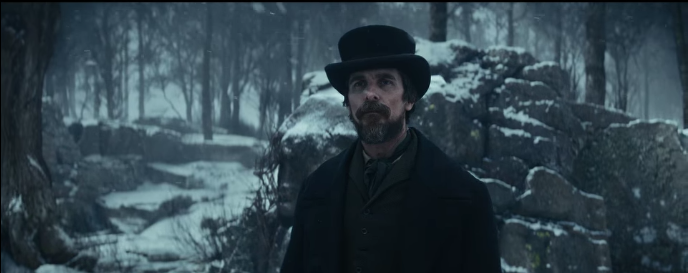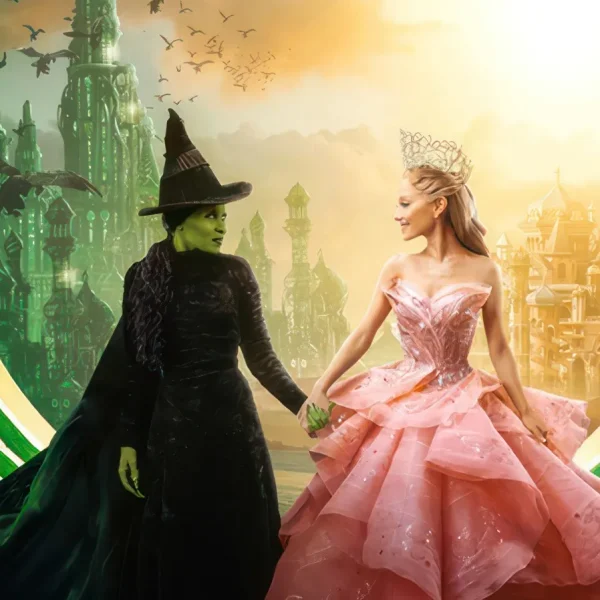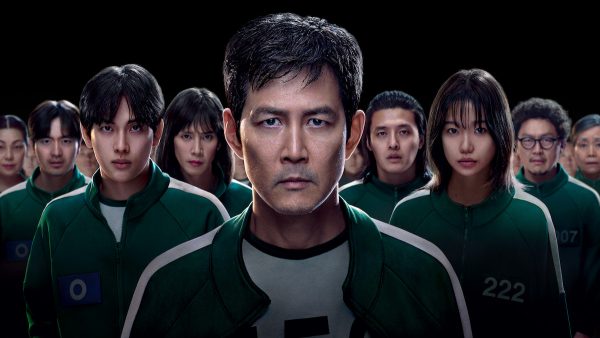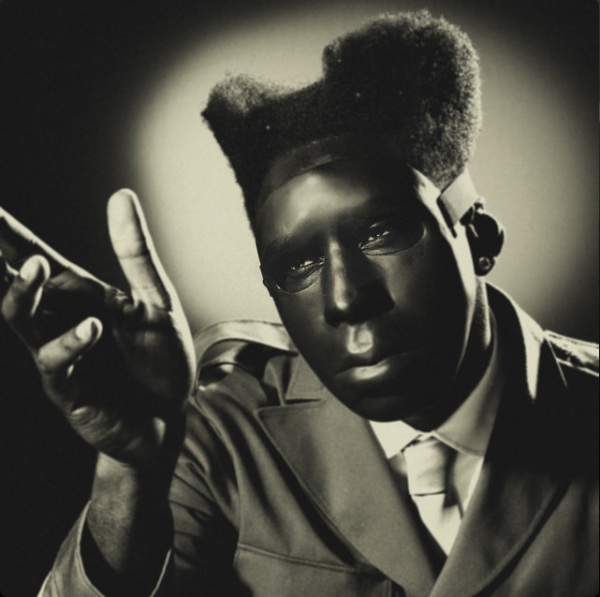Stimulating mystery
An in-depth review into ‘The Pale Blue Eye’
The viewer would be well advised to prepare for seasonal depression with the constant visuals of dark and dreary weather for the entire duration of “The Pale Blue Eye.” Written and directed by Scott Cooper this Georgian era thriller puts the snuffed spotlight on Christian Bale. His character, Augustus Landor, is charged with investigating the unforeseen suicide of a student of the military academy. With an almost premeditated commitment he throws himself into the inquiry. Not long after, the loner detective is unwillingly befriended by a young, army bound, Edgar Allen Poe played by Harry Melling. As more suspicious suicides are discovered, and Poe’s connection to Landor grows, an increasingly confusing and scary case builds. They must look to the people closest to them to find out who to blame for the deaths of these cadets.
Being a novel first, the writing for the screen loses some obvious luster that the book version was able to harness. Though the writing suffered slightly, Scott Cooper’s talent shined through in his ability to execute monologues. Harry Melling was exceptionally notable in performing these long winded soliloquies.
Like usual, Bale took his performance to the next level. His ability to capture reckless professionalism with hopeless undertones is astonishing, and a privilege to view. Throughout the film he struggles to keep his accent in check. At most points it is perfect for the role but at other times he seems to revert back to his thick English accent.
The film has a singular M. Night Shyamalan like twist close to the end. While shocking the scene lacks cohesiveness in writing. The acting on the other hand is superb especially in this instance.
The picture is great for casual moviegoers. The mystery is stimulating and the story is gripping. But, for the serious film buff, expectations should be to have fun as a one time watch.

Hello, my name is Noah Daniel. I’ll be serving as both the podcast host and Red Onion editor for The Journal this year. I am a senior at SHS, and it...












